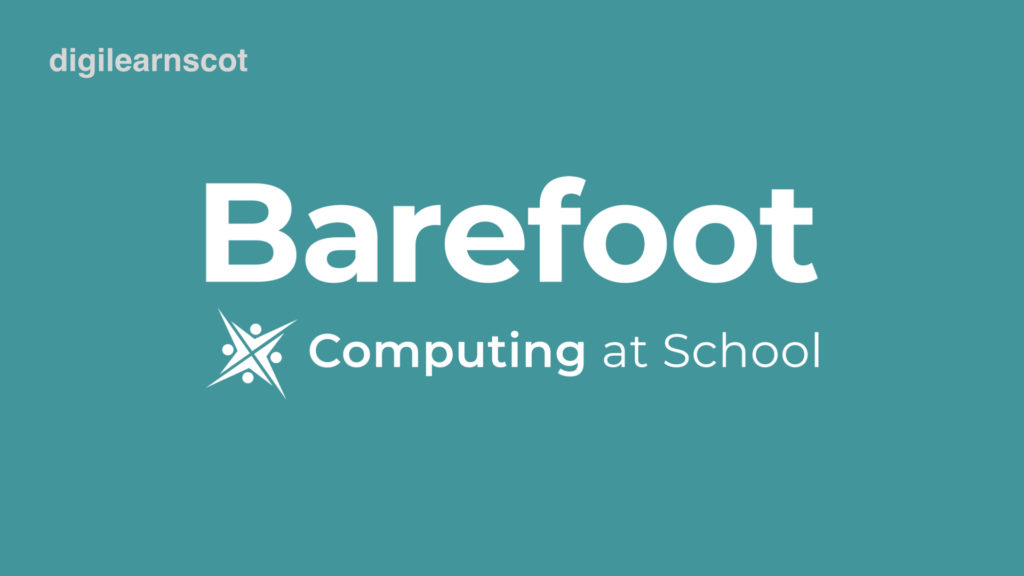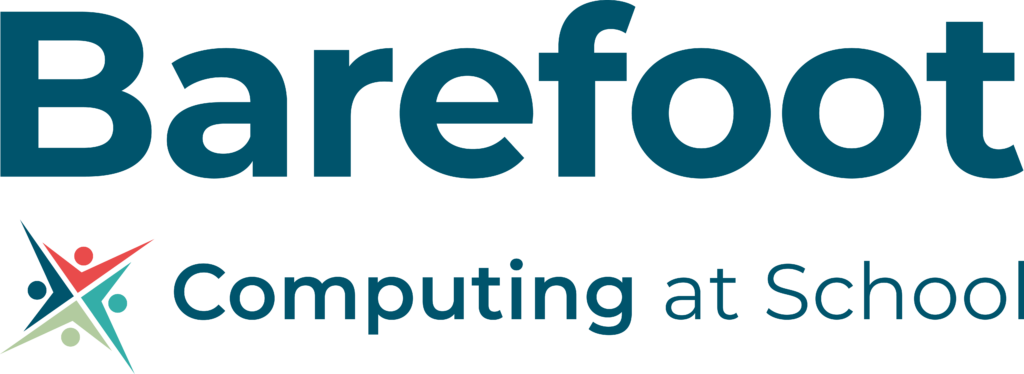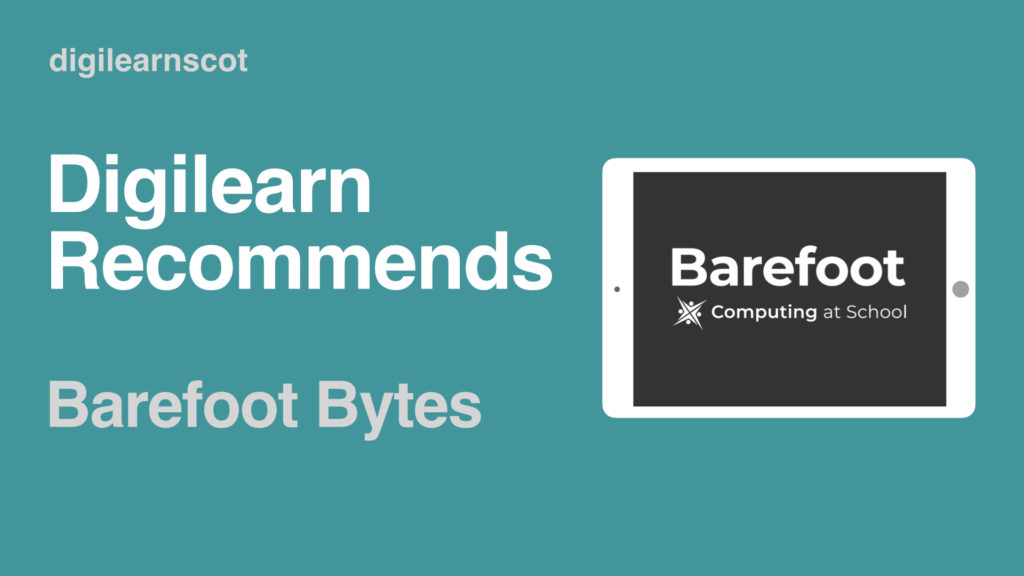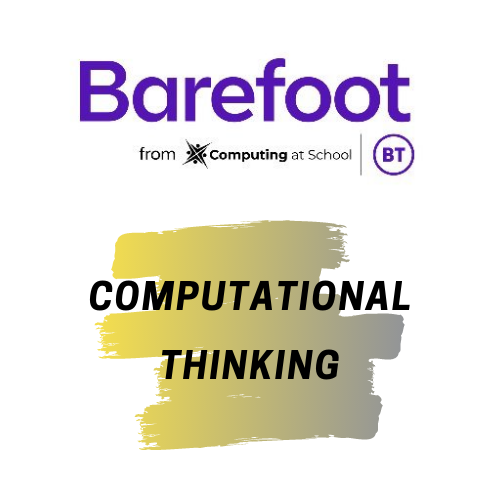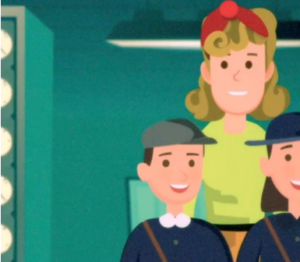Code Club (@codeclubscot) is a global network of free coding clubs and there are Code Clubs all over Scotland. Their site also contain coding projects with step-by-step instructions, which will teach you how to create games, animations and more with code. These resources are engaging for learners, easy to use for educators and can be used for lessons in your class or as part of your establishment’s code club.
The Code Club Projects page offers ready-made resources and activity guides for:
- Scratch
- HTML and CSS
- Python
- Raspberry Pi
- micro:bit
- Blender
Introduction to Scratch with Code Club
Progressing to Python (text-based coding) with Code Club


